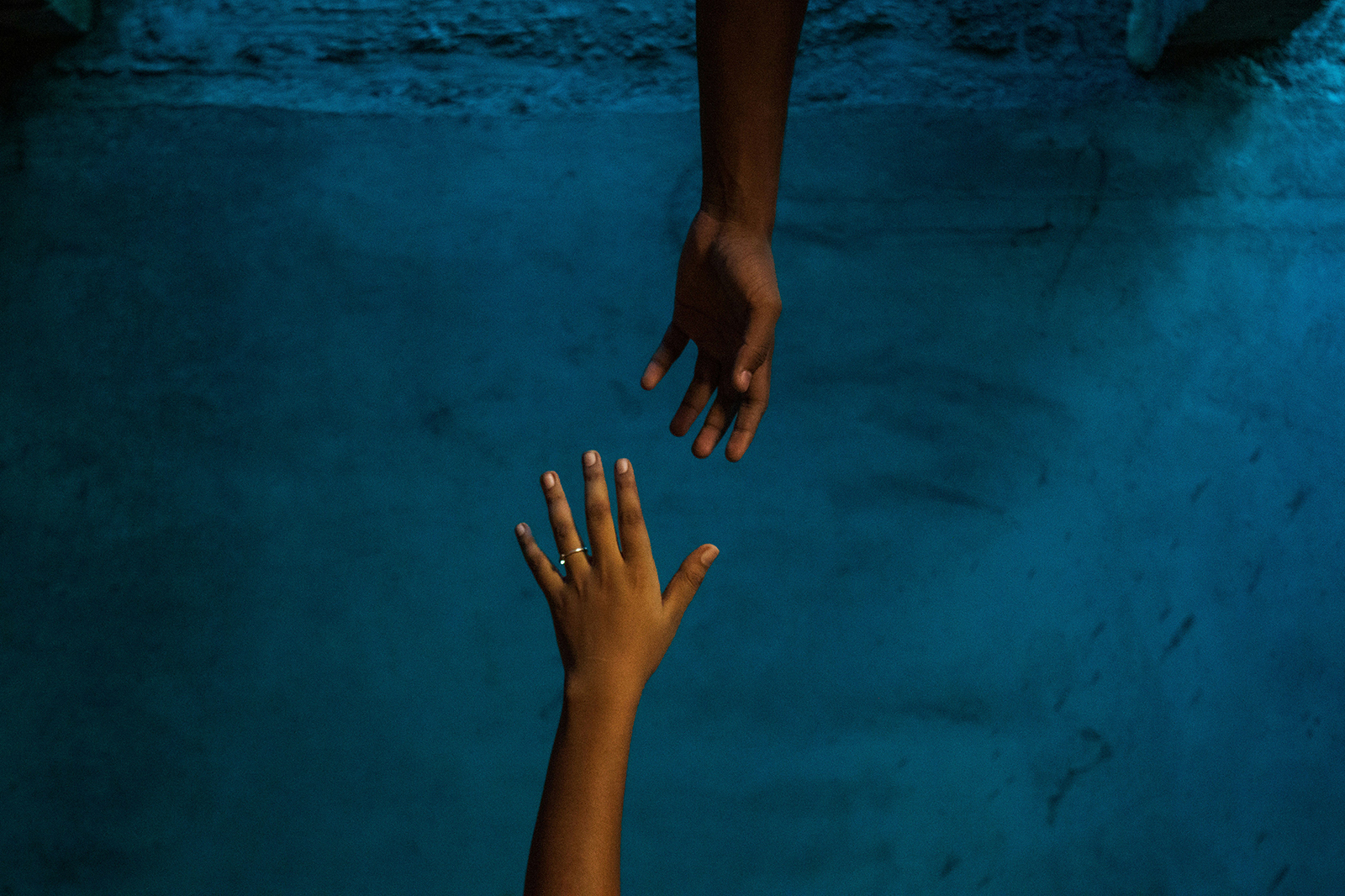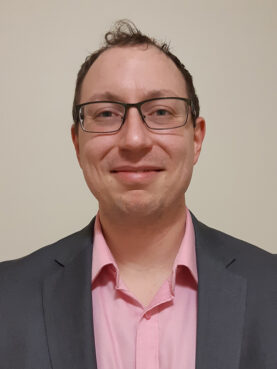
(RNS) — As an evangelical Christian, Philip Truscott is dismayed at the decline of religion in America, saying it is bad for the country’s soul.
As a social scientist, he says he has proof.
In a paper in the Journal of Sociology and Christianity, Truscott draws on data tracking crime on college campus and religious affiliation surveys to show that states with higher percentages of so-called “nones” — people who claim no religious affiliation in surveys — have higher rates of sexual assault on campus as well as higher suicide rates overall.
Truscott did most of the work on the study, entitled “Rape, Suicide, and the Rise of Religious Nones” while a professor of sociology at Southwest Baptist University in Missouri. He was inspired by previous research he had done that showed that the higher the percentage of nones in a state, the higher the suicide rate. That research, based on data from the 2014 Pew Religious Landscape report, also showed that the higher the percentage of evangelicals in a state, the lower the rate of sexual assaults on its college campuses.
Truscott followed up on those findings by examining similar data from the Public Religion Research Institute and reported the results in a paper in the Journal of Sociology and Christianity in October. Truscott argues that the decline in religion can be tied to a loss of self-control and correlates that with more suicides and assaults.

Philip Truscott. (Photo via Southwest Baptist University)
While he falls short of claiming that loss of religion causes more suicides and assaults, Truscott has subsequently argued that his findings prove the need for more state vouchers for private schools, most of which are religious. Families that choose religious schools for their kids can play a role in reversing the decline of religion in America, Truscott told RNS in an interview, which he argues will reduce the rate of suicide and campus sexual assaults.
“That really helps everyone,” he said.
His fellow sociologists, particularly those who study the nones, are skeptical, saying Truscott’s study is flawed and that his conclusions don’t fit the evidence.
Ryan Cragun, a sociology professor at the University of Tampa, reviewed Prescott’s paper and said that, while it does show a correlation between the share of nones and rates of suicide and sexual assault, Truscott fails to prove that disbelief causes those higher rates. Cragun also said the paper ignores other data, such as that showing that states with higher murder rates are correlated to higher per-capita populations of evangelicals.
“If I were to use his logic, then I should be able to argue that evangelicals are more likely to kill people,” said Cragun, co-author with Jesse M. Smith of “Goodbye Religion: The Causes and Consequences of Secularization.”
Cragun also was skeptical of the argument that religion creates more self-control or that a lack of self-control can explain why suicides or sexual assaults happen, saying that the causes of both are more complicated.
David Speed, a Canadian scholar who studies the connection between atheism and health, said Truscott is asking an important question about the social effects of the decline of religion. But Speed, a professor of psychology at the University of New Brunswick in St. John, Canada, said Truscott failed to prove his claims.

David Speed. (Photo via The Religious Studies Project)
While Truscott did show that both secularism and campus sexual assault were on the rise in some states, said Speed, he did not show that one caused the other.
“It’s kind of damning by association,” said Speed, who is also working on his own research project about the effects of secularism on suicide rates.
Speed said it is common in the social sciences to find two unrelated topics that seem to track together over time. He pointed to a website called “Spurious Correlations,” which collects such convergences, including graphs that show, for instance, that as the name William has become less popular, the number of burglaries in South Carolina has declined. The first, Speed said, does not explain the second.
Proving a causal link between the loss of religion and rise in suicide rates or assaults, said Speed, would require a great deal more data and analysis. So far, he added, no other studies have suggested that atheists or other nonbelievers are more likely to take their own lives or to commit crimes like sexual assault. Truscott’s critics also argue there’s no evidence for his claim that more faith-based schools would lead to fewer suicides.
They also say these flaws in his reasoning explain why it took so long, as Truscott has said, for his paper to find a publisher. Truscott blames a liberal bias in academic journals.
In an interview, he claimed that if his research had linked greater incidences of suicide or sexual assault to more widespread religious belief, journals would have flocked to publish his study. “The social science journals, they lean to the left politically,” Truscott said. “They are very anti-religious.”
Truscott said that he is glad the paper is getting attention, even if it’s negative attention, and hopes it leads to more study about the social implications of the decline of religion.
To critics he simply says, “Prove that I am wrong.”
